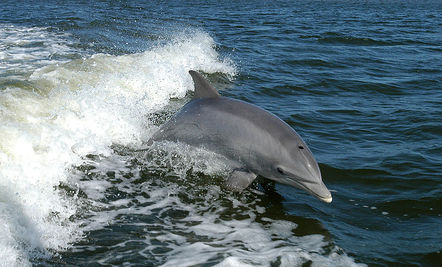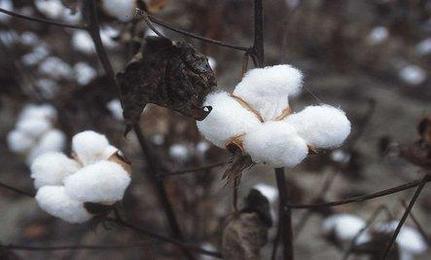Researchers in France placed microphones in a tank with five dolphins at night to see if they made any noises. Turns out they did and they were making whales noises they had heard played in an audio track at the aquatic park where they live. The audio track was played for human visitors at the beginning of the daily shows at the dolphinarium, and featured mainly whale songs.
The five dolphins studied made the vocalizations, including whale noises, mostly at night from midnight to 3 a.m. which is when they are resting or sleeping.
It is also significant the dolphins were producing vocalizations long after they had heard the sounds they were mimicking, “This is to our knowledge the first time that a long separation between hearing an auditory model and copying it has been observed in a marine mammal,” says the research paper, “Do dolphins rehearse show-stimuli when at rest?”
One explanation for their nocturnal behaviour is that the audio track with the whale sounds is played during what is called a salient event, a situation that is a significant aspect of the day, and at night they are rehearsing it for memorization. (Birds have been shown to rehearse their songs at night, so perhaps what the dolphin research found is in some kind of alignment with what birds do also.)
A researcher studying dolphins in Costa Rica found they were creating a sort of hybrid language when a smaller species was imitating the vocalizations of a larger one possibly to show it was interested in being friendly, instead of being harassed by the larger species.
~ Article by J. Richardson





